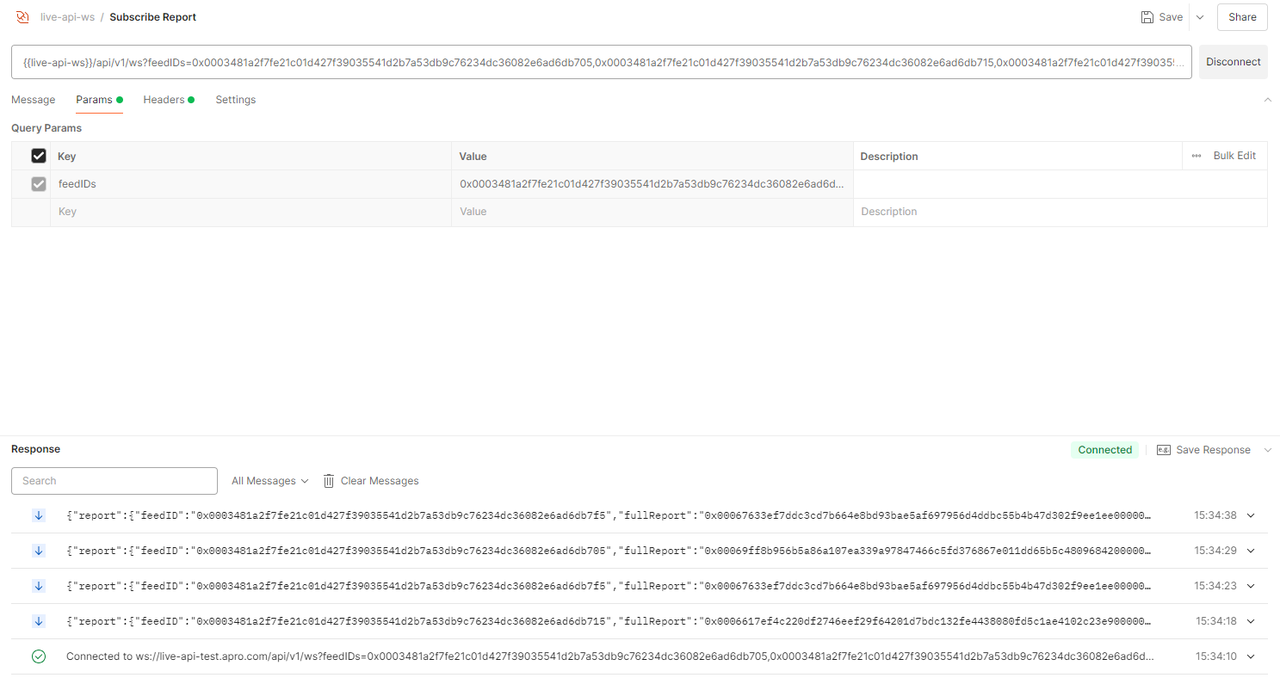API & WebSocket Guide
Description
Testnet URL
Mainnet URL
Authentication
Header
Description
API endpoints
Type
Description
Parameter(s)

Type
Parameter(s)

Type
Description
arameter(s)


Type
Description
Parameter(s)

Type
Parameter(s)

Error response codes
Status Code
Description
Last updated